Back when we shared with you our Days in the Lives of Curriculum Choice authors, our readers asked for a day in the life of a special needs homeschooler. Today, we bring to you experiences from our own homeschools as well as wonderful resources we’ve found around the web to provide support in homeschooling with learning challenges and special needs.
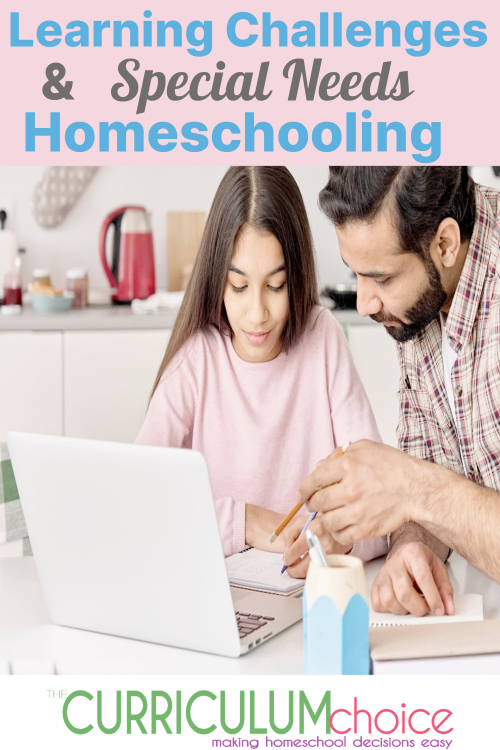
Special Needs Homeschooling: An Overview
As homeschoolers, we are familiar with adapting our approaches to meet our children’s individual needs. Homeschooling naturally leans itself to that, so it can be ideally suited for our children with special needs. And we are up to the challenge!
One of the beauties of homeschooling is how easily it can be adapted to meet the needs of our children with special needs. Parents can give children who have ADD, for example, short lessons, frequent breaks, and set up a distraction-reduced environment within the home.
When given directions, these children can hold and manipulate a small toy – and does not need an individualized education program (IEP) to do it. Children who have difficulty listening, can work with written instructions. Listening skills can be practiced in a gradual way.
Children with sensory needs can work on an exercise ball, take sensory breaks by going outside and doing cartwheels, or swing slowly in a swing – to meet their needs. They can learn their multiplication tables through bean ball toss games or while jumping on a small trampoline! And children on the spectrum don’t have to deal with the stress of a classroom full of stimulation.
Our children’s strengths can be promoted, while working on difficult subjects at a pace that meets our children’s needs.
Learning Challenges & Special Needs Homeschooling: The Homeschool Mom’s Perspective
Each author will bring you their experiences and knowledge in working with special needs. We’ve also included more wonderful resources from around the web.
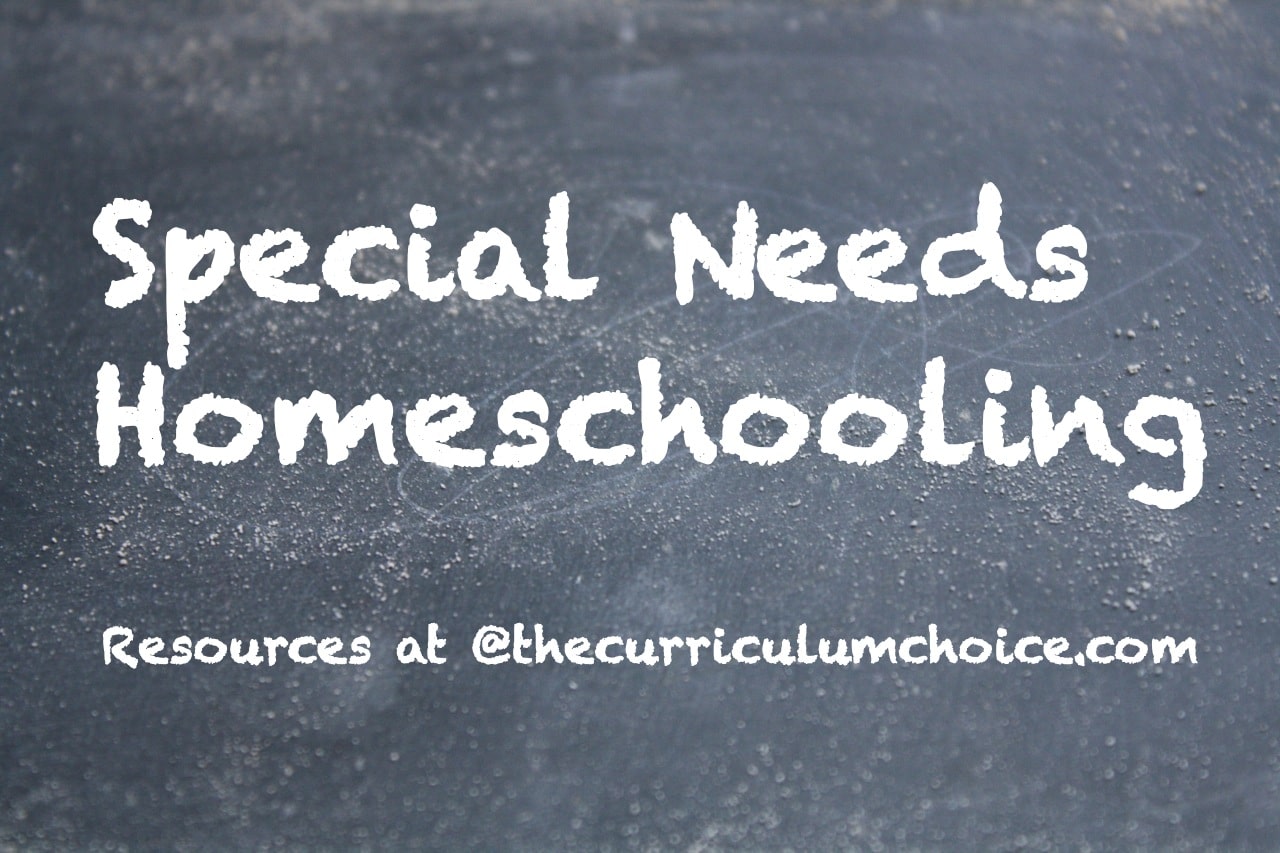
- Kendra at Aussie Pumpkin Patch has a whole series of entries on their journey with Scotopic Sensitivity Syndrome. “One of the videos showed a sentence jump forward & backwards. Morgan happened to walk by while I was reading the website, pointed to the video & said, “Is that a video? That’s what happens when I read.”
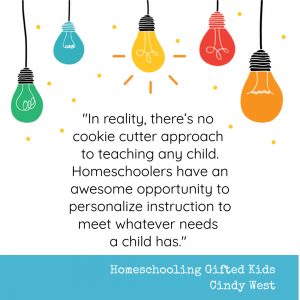
- Homeschooling Gifted Kids…Really? by Cindy at Our Journey Westward. “We’ve been able to meet each of their needs perfectly. Not just academically, but emotionally, physically, socially, spiritually…each of my children is growing and thriving.”
- Brain Training activities are FUN for my children and have been incredibly helpful for increasing cognitive skills – memory, attention, processing speed, comprehension and logical thinking. They can (and should) be used with children who have learning disabilities, attention struggles and general frustrations with schoolwork. Even children who have no real struggles can bump up their school performance with these activities!
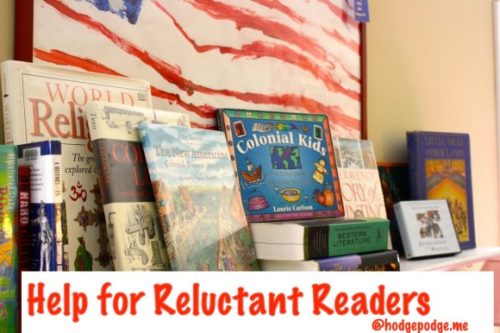
- Tricia has a mix of learners, ages at Your Best Homeschool: auditory, visual, kinesthetic as well as two busy little ones. She tailors learning spaces and family learning times to meet individual needs. “For a kinesthetic learner with many ‘things’ this storage helps keep my child’s supplies handy. Plus helps keep this mama sane. This organization has been a big part of our homeschool planning. To meet needs. To make learning centers natural.” Tricia and her family are also constantly adapting in creative ways because of severe food allergies.
- Help for Reluctant Readers – our favorite helps including ways to have books within sight.
- 100 Helpful Homeschool Habits for all type of learners – Over the years with babies, toddlers, stacks of school books, hungry mouths and now towering teens, these are the basic routes I’ve discovered for seeing results.
- Betsy, from BJ’s Homeschool, shares resources for struggling writers. Tips and help for kids who have trouble grasping their pencil, or who struggle with hand strength or small muscle coordination. Here’s the first post in her series called Handwriting Helps: Handwriting Helps, part 1 – Small Muscle Activities This Handwriting Helps series includes four posts, and, in addition, covers teaching your kids to write, finding grasp aids or devices, and strengthening the hand muscles with clay!
- Does your child struggle with attention issues, ADHD, or sensory processing disorder? Here’s how I approached theses issues, when my daughter was young. – Homeschooling Kids with ADHD.
- Helping Struggling Readers with Reading Focus Cards – Do your kids get distracted by other words on the page, or just have trouble concentrating? Reading Focus Cards may help. I like how these work to eliminate distractions, helping the reader to focus on just the words at hand, at the time. This tool can help readers of all ages.
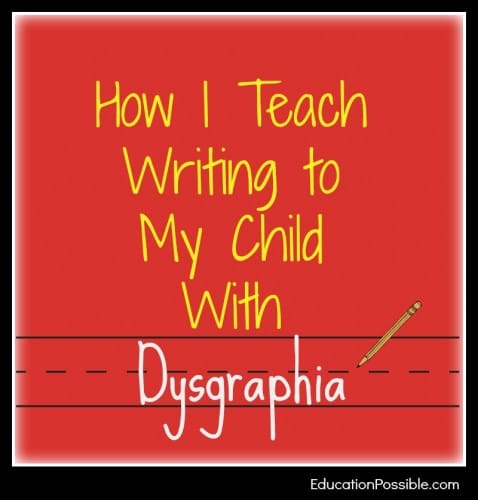
- How I Teach Writing to my Child with Dysgraphia – Over the years we have searched and researched, and through trial and error found a number of different approaches that have ultimately helped our son address his dysgraphia. Every child is different, therefore I’m not suggesting all of these will work for another child, but here are some of the resources I use to teach writing to my child with dysgraphia.
- How I Teach Keyboarding to my Child with Dysgraphia – Dysgraphia is a learning disability that affects writing. My son has struggled with writing as long as he can remember and for years we have searched for solutions to help him with his writing. We have found it is easier for him to get his thoughts out when he can type them into a computer rather than write them on paper.
Learning Challenges & Special Needs Homeschool Resources From The Curriculum Choice
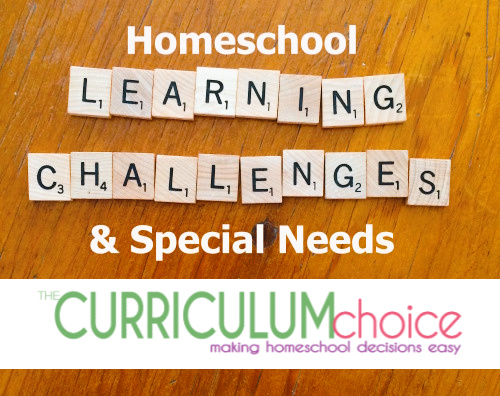
- Children’s Books in Dyslexic Font
- Dyslexia 101: Truths, Myths and What Really Works
- Sylvan Learning Center Assessment
- Handwriting By George – Review
- Why Can’t My Child Learn Multiplication?
- Practice and Test Spelling Words with the Spelling Bee App
- Pencil Grips and Aids from Draw Write Now – My Review
- Homeschooling Gifted and Advanced Learners
- The Ultimate Guide to Brain Breaks Review
- Spelling City Review
- Number and Patterns Kindergarten: Playing and Learning with Manipulatives
- Sign Language Flash Cards – My Review
- Reading Focus Cards – My Review
Additional Special Needs Homeschooling Resources:
- Dyslexia, The Road I’ve Traveled – Don’t miss this from Kim at Little Sanctuary (mother of 8!). A post full of resources plus the encouragement you need in how to talk to your children about their learning challenges. The giftedness they have! “When my Dyslexic children have a hard day, I remind them that God has made them for His glory. Their Dyslexia was not an accident. It is part of His plan, and He will use it for His Glory if they will let Him.”
- Tabitha at Meet Penny has an Ultimate Guide to Autism Home Therapy
- Children’s Books in Dyslexic Font – Dyslexia is complex. It’s magnificent, colorful, bright, exciting. Exploding with possibilities. Dyslexia is also challenging. But the challenges can be lessened with the proper resources. Books with dyslexic font and large print are just one of the ways we can provide proper resources.
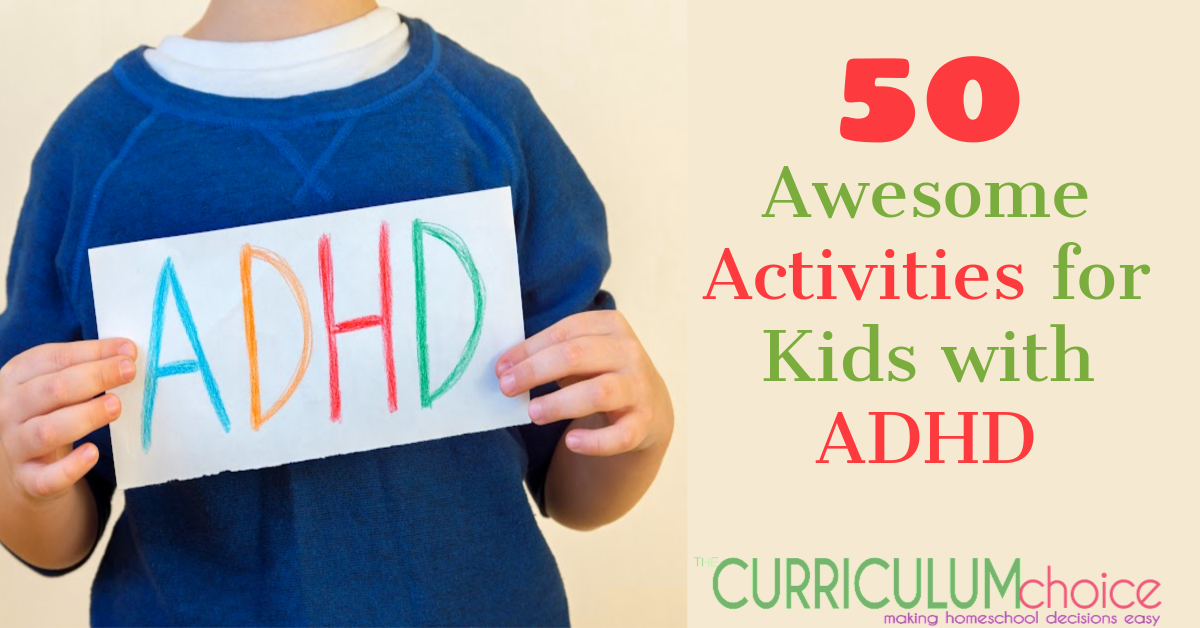
50 Awesome Activities for Kids with ADHD – A collection of 6 different types of activities for kids with ADHD (with more than 50 individual activities among them) that accentuate their strengths to help you create a fun and successful learning experience.
What resources have you come across for special needs homeschooling? Please share in the comments!
~ originally published November 2012

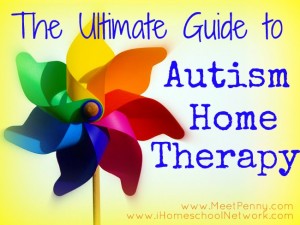

What an amazing list of resources! I’m honored that my link was included. Thank you! (Going to share now!)
Awesome post, Tricia! Thanks for your hard work!!
GREAT list – I have found many of these resources useful for all of my children who range from needing extra help – to gifted…..Thank you for gathering them together in one place!
It was our pleasure!
There are so many amazing, specialized and gifted homeschooling families out there. Thank you all for your contributions and how you continue to encourage others!
I have two children with cognitive delays and one child who does well in most subjects but is terrible at spelling. Just had to share what has helped us. My two with cognitive delays have the hardest time with math. Touch Math has been a huge blessing for them. We had tried several other math programs but they all moved too quickly and covered way too much including my favorite Math U See. Math U See has worked great with my other two kids but my two with big learning challenges needed something else. I had spent three years trying to teach my daughter addition and she finally got it with Touch Math and has now moved on to subtraction which she also understands. You can order a free instruction DVD on the Touch Math website and they have lots of worksheets you can pay for in individual packs. I found Touch Math workbooks for sale at a big discount on ebay.
The other curriculum I wanted to share is Apples and Pears spelling. This is a British program but it is the only thing that has worked for my son who is terrible at spelling. We had tried Sequential Spelling, Natural Speller, A Reason for Spelling, and All About Spelling. I was so hoping All About Spelling would work but we went through two levels and my son still couldn’t apply the spelling rules in his written work. My son is finally improving in spelling thanks to Apples and Pears. I had just about given up hope that he would ever learn to spell.
I hope these suggestions can help another family who is struggling to find a curriculum that works for their special learners.
Thanks! I appreciate all the great links in this post. I just wrote a post today about how I homeschool my special needs preschooler. Here’s the link to my post (hopefully it will help someone): http://freeindeed-redkitchen.blogspot.com/2013/03/special-needs-homeschooling-for.html
Thanks for sharing and encouraging others!
Thanks to you, Jennifer, for sharing your experiences. I am sure they will help other families, and encourage them!
Hi, I’m looking for resources on homeschooling a child with physical and intellectual disabilities. As a result of her Cerebral Palsy my daughter also has cortical visual impairment. Any advice or resources to share would be great.
Thanks,
Lori
How old is your child? If I knew the extent of her visual impairment, her age, her previous educational experiences and such, I would be happy to share resources with you for her homeschooling. If you would like, feel free to message me at BJ’s Homeschool facebook page, LINK – https://www.facebook.com/betsyhomeschoolcoach/, and we can chat further. Thanks so much for stopping by here and leaving your comment. I have a blog at BJ’s Homeschool, which you are welcome to browse through, for more ideas, too.
Our child will be going into 8th. We use Teaching textbooks 7 now but our child throws extremes tantrums when the laptop opens and it’s something that the child thinks she/he won’t understand. For the most part it has went well but it’s when there is a new concept ie: why we use % in the real world the child got very upset,crying, fingers in mouth,red. All other subjects are going really well. We read out loud to one another,child has done lapbooks, loves to do crafts. This is 2nd year homeschooling. Any suggestions for curriculum would be awesome. Child wants to become a kindergarten teacher. Ps no formal diagnosis, micropreemie, public school till end of 5th ,nonverbal to everyone but us age 0-7 .Thank you